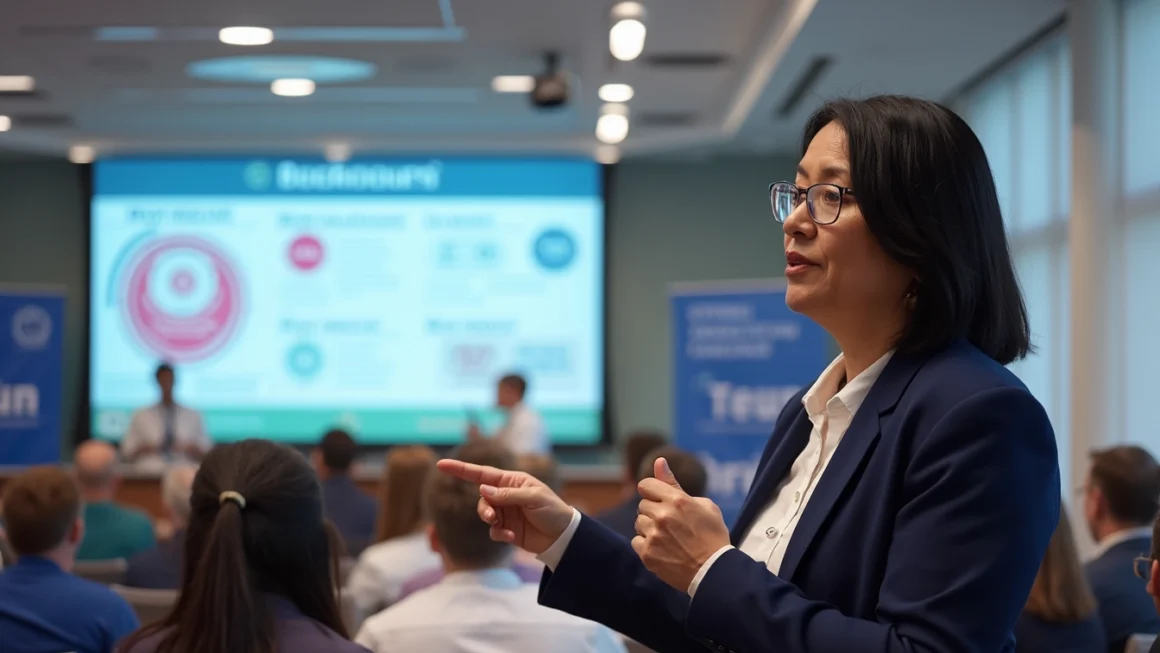Understanding the Recent Outbreak of Meningococcal Disease Among Gay and Bisexual Men
Table of Contents
The Centers for Disease Control and Prevention (CDC) has recently issued a health alert regarding a concerning outbreak of meningococcal disease among gay, bisexual, and other men who have sex with men (MSM) in Florida. This outbreak has raised significant public health concerns and highlights the importance of vaccination and awareness in at-risk communities.
The Outbreak: Key Facts and Figures
The Florida Department of Health has reported a troubling increase in meningococcal disease cases, with at least 24 cases and 6 deaths among gay and bisexual men. This represents a significant spike compared to the 5-year average of 14.4 cases annually. The outbreak has primarily affected individuals living in or traveling to Florida, but cases have also been identified in other states.
Understanding Meningococcal Disease
Meningococcal disease is a severe bacterial infection caused by Neisseria meningitidis. It can lead to meningitis (inflammation of the lining of the brain and spinal cord) and bloodstream infections. The disease spreads through respiratory and throat secretions during close or prolonged contact, such as kissing or being in crowded spaces for extended periods.
Symptoms and Progression
Early recognition of meningococcal disease symptoms is crucial for timely treatment. Common symptoms include:
- Fever
- Headache
- Stiff neck
- Nausea
- Vomiting
- Photophobia (light sensitivity)
- Altered mental status
The disease can progress rapidly, leading to severe outcomes such as limb loss, deafness, nervous system problems, and even death. Prompt medical attention is essential if symptoms occur.
Vaccination: A Critical Prevention Measure
The CDC strongly recommends vaccination as the most effective way to prevent meningococcal disease. For gay and bisexual men, especially those living in or traveling to Florida, the following vaccination guidelines apply:
- Get vaccinated with a MenACWY vaccine if not already up to date
- Those with HIV should get vaccinated regardless of CD4 count
- Consider getting vaccinated if traveling to Florida
- Talk to a healthcare provider about getting a MenB vaccine
Vaccination is particularly crucial for college students, who are at increased risk due to close living quarters and social behaviors. Automation tools can help healthcare providers streamline vaccination scheduling and reminders, ensuring more individuals receive timely protection against this serious disease.
Public Health Response and Recommendations
The CDC is collaborating closely with the Florida Department of Health to investigate and respond to this outbreak. Healthcare providers are urged to maintain a high index of suspicion for meningococcal disease among gay and bisexual men presenting with compatible symptoms. Suspected cases should be immediately reported to local or state health departments.
Broader Implications and Community Awareness
This outbreak underscores the importance of targeted public health interventions for specific at-risk populations. It also highlights the need for increased awareness and education about meningococcal disease within the LGBTQ+ community. Community organizations, healthcare providers, and public health officials must work together to disseminate accurate information and promote vaccination.
Conclusion: Vigilance and Prevention
The recent outbreak of meningococcal disease among gay and bisexual men in Florida serves as a stark reminder of the ongoing need for public health vigilance. By promoting vaccination, raising awareness, and ensuring prompt medical care for those with symptoms, we can work towards controlling this outbreak and preventing future ones. It’s crucial for individuals, especially those in high-risk groups, to stay informed and take proactive steps to protect their health and the health of their communities.




